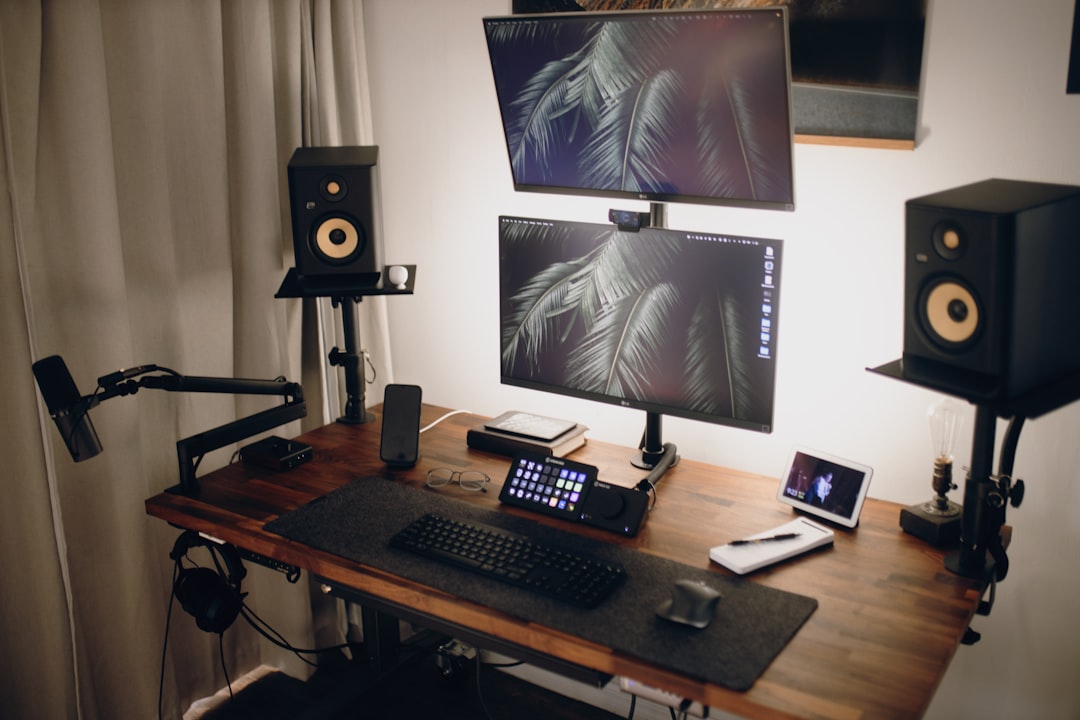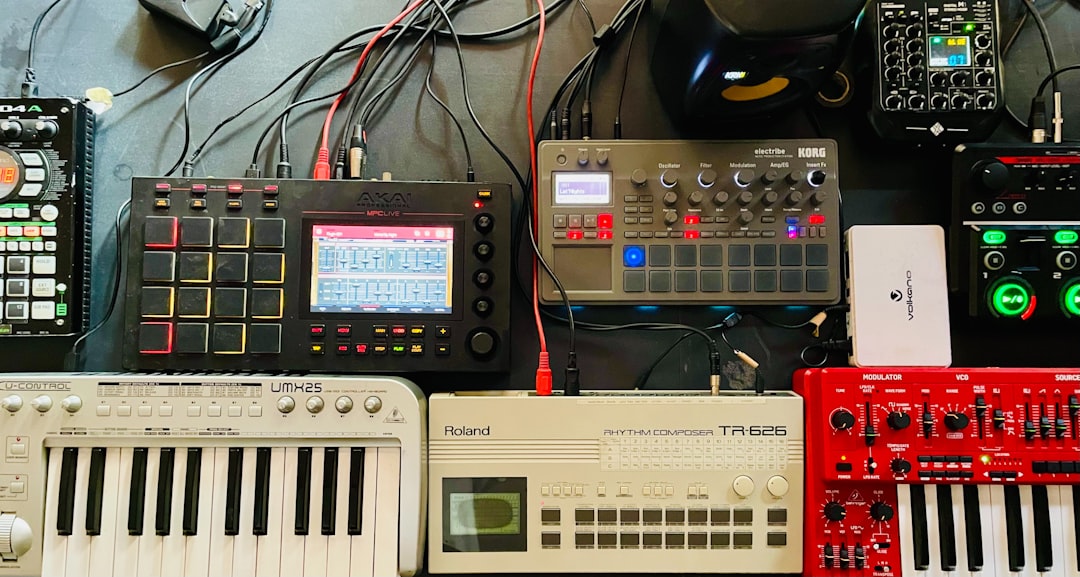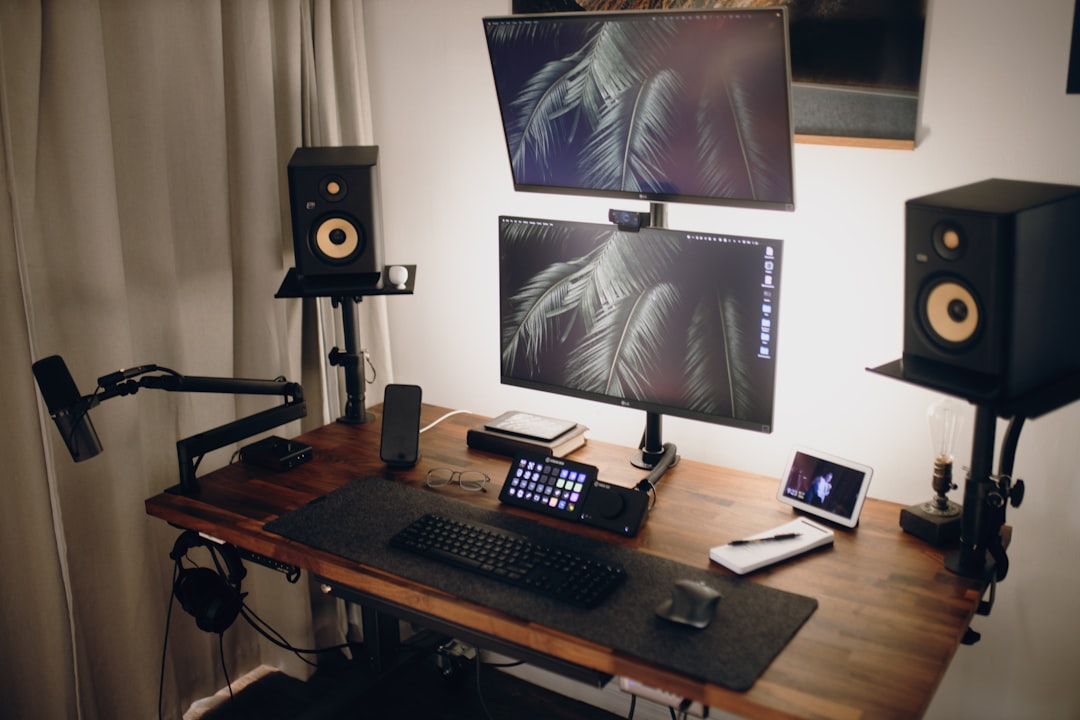Getting started as a DJ can be exciting but also overwhelming, especially when it comes to choosing the right equipment. One of the most essential components of any DJ setup is the speaker system. Whether you’re practicing in your bedroom, performing at small house parties, or preparing for future gigs, selecting affordable DJ speakers that deliver quality sound without breaking the bank is vital. This guide is tailored for beginners and will help you make an informed decision based on budget, performance, and features.
Why the Right Speakers Matter
The speakers in your setup are your main connection to the audience. No matter how skilled you are at mixing tracks, poor sound quality can ruin the listening experience. Good speakers allow you to monitor your mixes accurately, control EQ settings, and ensure your transitions are smooth. For a beginner, investing in a balanced, budget-friendly speaker system can build your confidence and improve your craft over time.
Key Considerations for New DJs
Before diving into product recommendations, it’s important to understand what makes a speaker suitable for a beginner DJ. Here are some key factors to keep in mind:
- Price-to-Performance Ratio: More expensive doesn’t always mean better for beginners. You’re looking for reasonable audio fidelity with essential features.
- Portability: As a new DJ, you may play in different environments — from bedrooms to small events. Lightweight and compact speakers are easier to transport and install.
- Power and Wattage: For smaller spaces, 100–300 watts is typically sufficient. Higher wattage is not always necessary at this stage.
- Built-in Amplifiers: Powered (active) speakers have built-in amps, making setup easier and more compact — ideal for newbies.
- Input Options: Compatibility with laptops, controllers, and mixers is crucial. Look for RCA, XLR, or 1/4″ TRS inputs.
Top Affordable DJ Speaker Options
Below are some of the most popular and reliable entry-level DJ speaker models that won’t exceed your budget:
1. Mackie Thump 12A
The Mackie Thump 12A is a crowd favorite among aspiring DJs. Offering 1300 watts of power, it delivers surprisingly punchy sound for its price point. The built-in EQ allows a bit of sound shaping, which can be helpful in various environments.
- Pros: Excellent bass response, rugged build, versatile input options
- Cons: On the heavier side for new users
- Approximate Price: $300 per speaker
2. Behringer Eurolive B210D
If you’re really watching your budget, the Behringer Eurolive series offers active PA speakers with decent sound performance at a fraction of the cost. The B210D model is compact and ideal for practice sessions and small venues.
- Pros: Very budget-friendly, lightweight, easy setup
- Cons: Not ideal for large venues, limited low-end response
- Approximate Price: $180 per speaker

3. JBL 305P MkII Studio Monitors
For DJs who plan to do most of their work at home and need accurate sound during practice or production, studio monitors like the JBL 305P are a great option. While not meant for live performances, their clarity is exceptional in a home studio setting.
- Pros: Clear, flat response for accurate mixing; attractive design
- Cons: Limited bass, not loud enough for events
- Approximate Price: $150 each
4. Alto Professional TS310
Combining affordability with professional-level sound output, the Alto TS310 boasts 2000 watts of peak performance and comes with waveguide technology for optimal clarity. This speaker is suited for both practice and smaller performance venues.
- Pros: High output, clear highs, versatile for various uses
- Cons: Need external EQ for best performance
- Approximate Price: $250 each
Powered vs. Passive Speakers: What’s Best for Beginners?
Most beginner DJs will do best with powered (active) speakers. These models include built-in amplifiers, which simplifies setup significantly and reduces the number of components required. Passive speakers, while lighter, require an external amplifier and extra cabling — usually not ideal for those just getting started.
Here’s a quick breakdown:
- Powered Speakers: All-in-one solution, plug-and-play, more convenient
- Passive Speakers: Require separate amp, lighter but more complicated
Used vs. New Gear: A Safe Path?
Budget-conscious DJs may consider purchasing used speakers. It’s not a bad option, especially if you’re careful when inspecting the gear. However, damage in used audio equipment isn’t always visible, especially when it comes to wear on speaker cones or internal electronics.
If you choose to go this route, always test the speakers in person whenever possible. Buying from reputable sources or music stores that offer return policies can also give you peace of mind. Still, new speakers tailored to beginners often come with warranties and better customer support, which might justify spending a bit more initially.

Accessories You Might Need
As important as the speakers themselves are, you’ll likely need a few additional items to get the most from your setup:
- Speaker Stands: Elevating your speakers improves their projection and protects them from foot-level vibrations.
- Cables: Make sure you have the correct cables for your mixer-controller-speaker chain (XLR, RCA, etc.).
- Speaker Bags or Covers: If you’re mobile, protecting your gear in transit is highly recommended.
- Power Conditioner: Protects your gear from power surges and voltage fluctuations.
Setting Realistic Expectations
At the beginner level, it’s essential to manage your expectations. Don’t anticipate shaking an entire venue with your first set of speakers. Instead, focus on developing your ear and performance technique using reliable, modest equipment. With experience, you’ll better understand what type of gear suits your preferred style and performance environment, laying the foundation for future investments.
Quick Checklist for Buying Beginner DJ Speakers
Here’s a brief checklist to help make your purchase decision simpler:
- Is the speaker powered (active)?
- Does it have the input types compatible with your current setup?
- Is the speaker reasonably portable for your needs?
- Can it handle small gigs or is it strictly for practice?
- Is the cost within your current budget?
Conclusion: Building Your Sound from the Ground Up
Building your DJ setup is a journey. By starting with quality, affordable speakers, you’re setting yourself up for real-world experience without overspending. Whether you choose budget studio monitors for home use or portable PA speakers for mobile gigs, what matters most is that your gear supports your growth as a performer.
As you gain more hands-on experience, expand your setup gradually with mixers, better headphones, or subwoofers when needed. Remember, the best investment is one that allows you to improve over time and enjoy the process of learning. Your first speakers might not be perfect, but they will be the foundation of your musical evolution.

